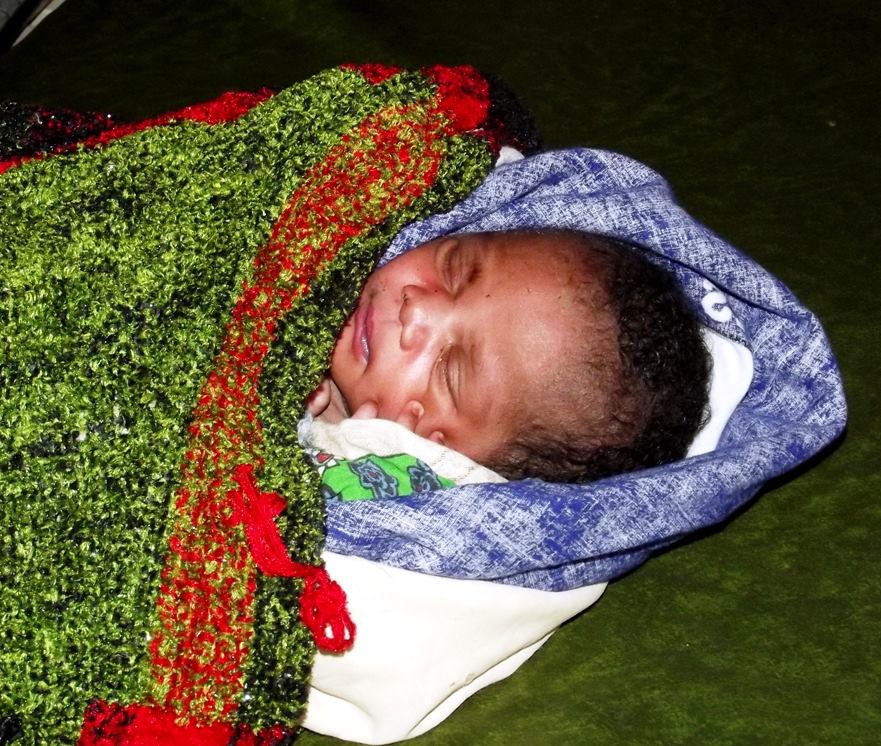Usually at some point during the day (and for some of us, multiple points) we find ourselves wishing we could abandon our responsibilities to return back to our beds to live out the rest of the day under a quiet fortress of blankets. Despite the guilt of chronic laziness, a day in bed sounds pretty relaxing—if only we could financially support ourselves by doing so.
Turns out, NASA might have the answer we’re all looking for—although it might require a little more relaxation than originally imagined. NASA is currently looking for volunteers to participate in their “Bed Rest Studies”, in which participants will have to spend 70 straight days in bed, receiving a $18,000 stipend for the period of aggressive bodily atrophy. Participants are allowed to read books, Skype, play games, as well as use their phones and computers throughout the duration of the study (that means you can still be on Facebook!). Pretty much anything is fair game, so long as you remain in bed, earning a sweet $1,200 per week.
So what are the exact purposes of these studies? The experiments are designed to find ways of preserving astronauts’ health and safety during periods of extended space travel. “Head down” bed rest is a good way of simulating travel through zero gravity space. Think about it, zero gravity means zero weight or strain on your muscles. It’s a more accessible way of analyzing the bodily changes that occur during space travel. This study is designed to achieve three core tasks: 1) Understanding how one’s changing physiology in space may affect the process of certain missions. 2) Understanding the impact of one’s physiological state on their ability to perform in particular tasks. 3) Preparing countermeasures to combat any impairment that these physiological conditions may impose. Within the experiment there are two study groups: exercising and non-exercising. While the exercising group will be subject to exercisetraining (on special equipment to maintain the laying down position), the non-exercising group will remain completely at ease. The entire duration of the study actually lasts between 97 and 105 days, depending on whether you’re a non-exercising or an exercising subject, respectively.
For the first 13 days for non-exercising subjects and 21 days for exercising subjects, you’re able to move freely (in and out of bed) within the bed rest facility. However, after this period you will be prohibited from leaving the bed for the next 70 days, aside from a few specified tests, where you must lay with your head back and feet up. Throughout the entire duration of the study, you will be subject to bone, muscle and heart tests, as well as tests of your circulatory and nervous systems, your nutritional condition, and your body’s capacity to fight off infections. So is it worth it? Although spending two months in bed would realistically be excruciating, at least you can rest easily knowing you’re making the sacrifice of grueling laziness for the purpose of furthering human space exploration. This is the only time you could claim to have helped send the first astronauts to Mars by doing absolutely nothing but sitting on your ass.
Well, it’s not exactly chilling out and relaxing. According to Forbes, “Those who are short-listed in the application round go through a modified Air Force Class Three physical, which is a rigorous physical exam. In addition, there is a psychological screening in which subject candidates fill out a battery of tests, followed by ninety minutes one on one with a psychologist.”
Also, you have to be mentally prepared for the challenge that lies ahead.
“We want to make sure we select people who are mentally ready to spend 70 days in bed. Not everyone is comfortable with that. Not every type of person can tolerate an extended time in bed,” says Dr Cromwell, who is the senior scientist on the bed rest study whom Forbes interviewed.
“Once they qualify physically and mentally, we do rigorous physical exercises to test muscle strength and aerobics capacity. We want people who have the physical and psychological characteristics of an astronaut. They should be able to do the kind of activities that astronauts do.”
If you are still interested to apply, you can do it here.


.jpeg&w=60&q=100&h=60)





.jpeg&w=60&q=100&h=60)







